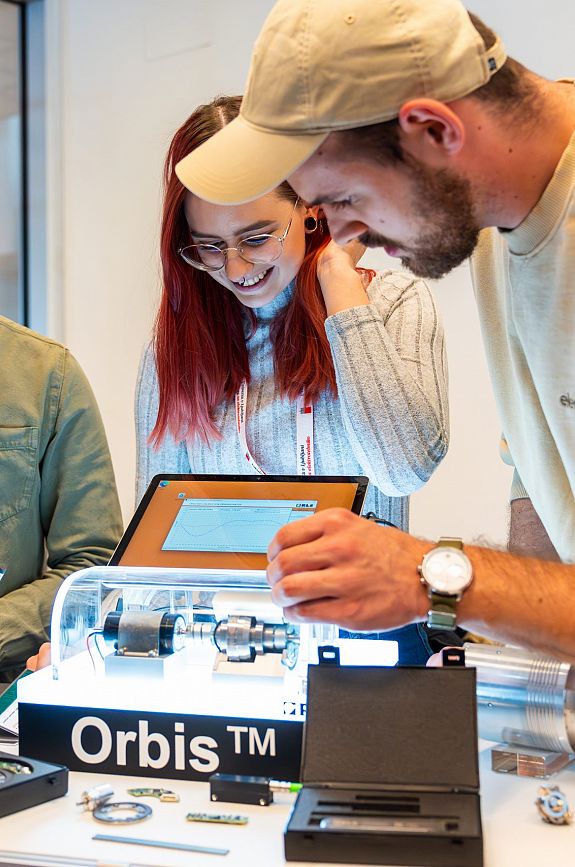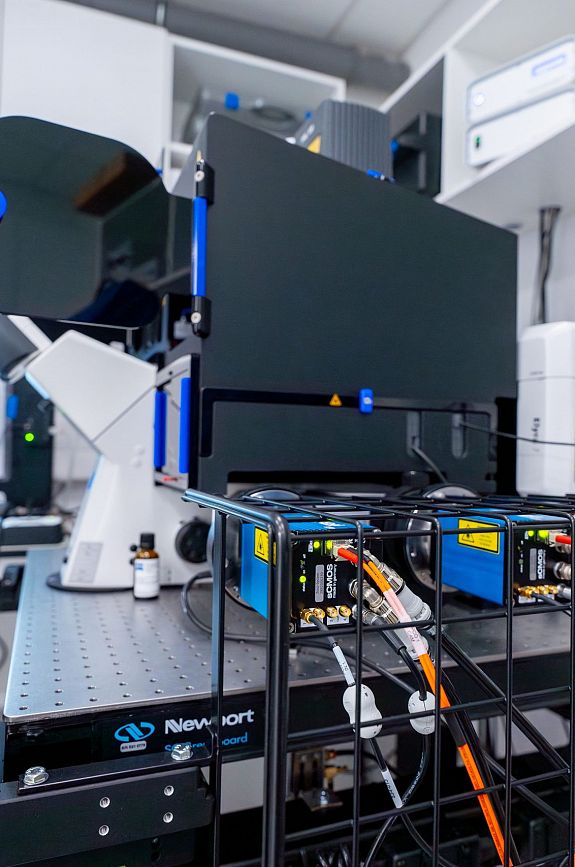[IKTinfo] A short note about the IKTinfo co-author
Date of publication: 20.12.2022Esad Jakupović, journalist, born 1945 in Banjaluka, where he lived until the age of 24. After studying electrical engineering (electronics and telecommunications) and after the earthquake in Banjaluka in October 1969, he moved to Belgrade. In 1969-1972 he was editor of "Kosmoplov", a monthly magazine for astronautics and science fiction, which also wrote about other sciences and technologies. In 1972, he was co-founder and then editor of "Galaxy", a monthly magazine for the popularisation of science, which, during its 20 years of existence, earned a high reputation throughout the common country. The magazine published, among other things, a number of special issues (for example, on Nikola Tesla and on solar houses) and three science fiction almanacs. At the same time, for more than two decades, Esad published various sub-newsletters and special issues on popular science and technology, as well as numerous articles in various magazines in the then Commonwealth. He translated and edited numerous books on popular science, astronomy and exobiology, ancient scientific mysteries and science fiction. Since 1992 he has lived and worked in Slovenia as a journalist, specialising mainly in the field of information and telecommunications technologies. He has been retired since 2010, but still writes articles, analyses and commentaries on ICT.
The C19 pandemic and the measures taken to contain it, and now the war in Ukraine, are also having a major impact on the ICT sector, as confirmed by research and analysis in almost all segments of the industry. A particular feature of ICT is that it allows us to predict, monitor, study and control changes not only in our own industry but in all others, which has been a valuable help to all of us over the last two years. In fact, ICT helps companies and institutions in all industries to organise their work, adapt their operations, discover new opportunities, process data and obtain estimates and forecast future trends.
Last but not least, ICT enables schools and universities to implement hybrid versions of teaching and to digitise learning processes in a meaningful way.
This is why we have decided to publish regular summaries of information, assessments, analyses and studies by research and analyst companies that can help everyone to better monitor, learn about and understand changes and trends and to adapt more successfully to the new ICT era.
Prepared by the Chair of Information and Communication Technologies in collaboration with Esad Jakupović




